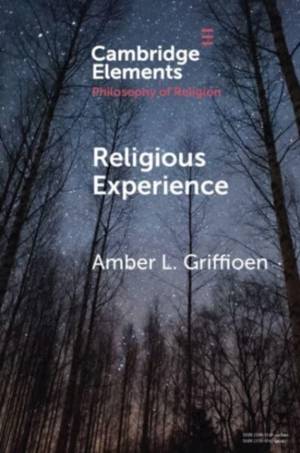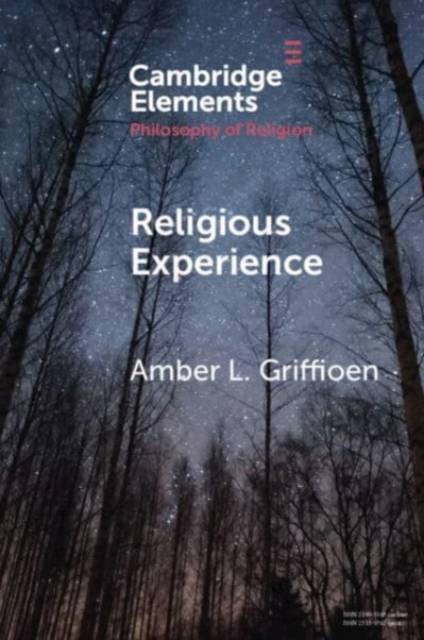
- Afhalen na 1 uur in een winkel met voorraad
- Gratis thuislevering in België vanaf € 30
- Ruim aanbod met 7 miljoen producten
- Afhalen na 1 uur in een winkel met voorraad
- Gratis thuislevering in België vanaf € 30
- Ruim aanbod met 7 miljoen producten
Zoeken
€ 31,95
+ 63 punten
Omschrijving
This Element looks at religious experience and the role it has played in philosophy of religion. It critically explores the history of the intertwined discourses on mysticism and religious experience, before turning to a few specific discussions within contemporary philosophy of religion. One debate concerns the question of perennialism vs. constructivism and whether there is a 'common core' to all religious or mystical experience independent of interpretation or socio-historical background. Another central discussion concerns the epistemology of purportedly theophanic experience and whether a perceptual model of religious experience can provide evidence or justification for theistic belief. The Element concludes with a discussion of how philosophy of religion can productively widen its treatment of religious experience in the service of creating a more inclusive and welcoming discipline.
Specificaties
Betrokkenen
- Auteur(s):
- Uitgeverij:
Inhoud
- Aantal bladzijden:
- 75
- Taal:
- Engels
- Reeks:
Eigenschappen
- Productcode (EAN):
- 9781108742252
- Verschijningsdatum:
- 23/12/2021
- Uitvoering:
- Paperback
- Formaat:
- Trade paperback (VS)
- Afmetingen:
- 152 mm x 229 mm
- Gewicht:
- 117 g

Alleen bij Standaard Boekhandel
+ 63 punten op je klantenkaart van Standaard Boekhandel
Beoordelingen
We publiceren alleen reviews die voldoen aan de voorwaarden voor reviews. Bekijk onze voorwaarden voor reviews.











